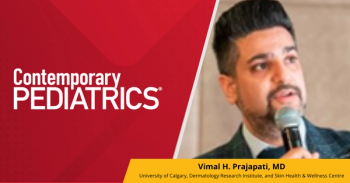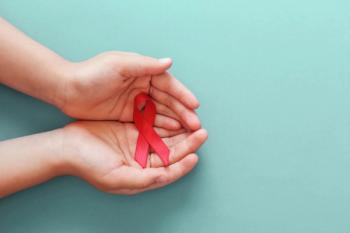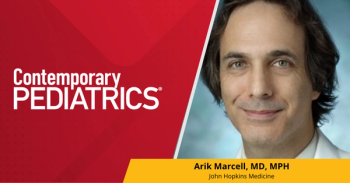
Many parents are "clueless" about their child's substance use
Separate interviews of 591 adolescent-parent pairs showed that parents are only sometimes aware when their child is using a substance. And parents usually don't know when their child's use of a substance has progressed to abuse or dependence.
Interviews were conducted using adolescent and adult versions of a standard polydiagnostic instrument for assessing substance abuse. The adolescents, who ranged from 12 to 17 years, reported a higher rate of substance use and abuse or dependence than parents did about their child for every category of substance about which they were queried: alcohol, tobacco, marijuana, and "other drugs."
Alcohol use was most common, according to the adolescents; 54.4% had consumed at least one drink and 23.6% said they had been intoxicated. The parent-reported rate was much lower: 30.5% for any alcohol use and 8.1% for intoxication. For tobacco, the second most commonly used substance, 44% of adolescents reported any use, compared with 27% of parents. The comparable reported rates for marijuana were 22.9% and 13.2%. Rates for use of "other drugs" were 8.5% by adolescent report and 3.1% by parents' report.
Parents were most likely to be aware when their child had a problem with alcohol or marijuana when the child was intoxicated often in a hazardous situation (for example, when driving an automobile) or when he (or she) needed to fulfill a major obligation (attending school, going to work). Investigators also observed that the parents' report was most likely to agree with the child's report, both for substance use and problem use, when the child was an older (rather than a younger) adolescent. Parents' awareness of substance use was similar for both genders and did not differ significantly with ethnicity or parents' own substance dependence (Fisher SL et al: Alcohol Clin Exp Res 2006;30:1699).
Commentary The lesson here is one you already know: When seeking a history from an adolescent, go to the source. Set aside time to talk with the teenager-alone.
Newsletter
Access practical, evidence-based guidance to support better care for our youngest patients. Join our email list for the latest clinical updates.








